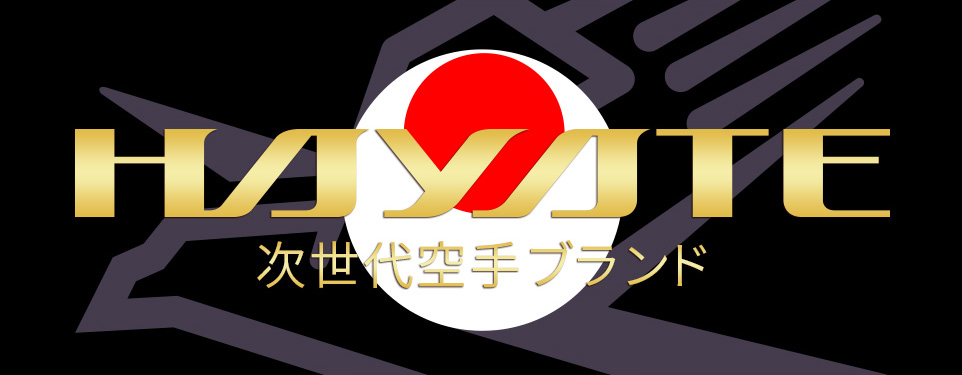11: Shu-Ha-Ri【Kusahara Katsuhide, Chairman of JKA 】
Kata plays an important role not only in budo (martial arts) but also in other arts such as geido (performing arts), sado (tea ceremony), and kado (flower arrangement), all of which are considered to be the traditional Japanese do (the way). This is because kata contains complex and profound principles of skills that cannot be conveyed through words or simple movements. What is especially important is that it includes not only physical movements, but also complex techniques such as ki (intent), ma (distance and timing), breathing, and the state of mind, all in a single coherent method.
The Noh actor Zeami said in his book, The Spirit of Noh (Fushikaden), that it is important to have the mindset of “never forget beginner’s spirit” in kata practice. This phrase is still often used today, but it is incorrect to use it in the sense of “never forget one’s original intention.” It essentially means that one must always remember the humble feeling of “I am still inexperienced” as a beginner and continue to work hard. Although this phrase initially refers to training in geido, it can also be applied to training in budo.
The term “Shu-Ha-Ri” sometimes describes the training process in geido. “Shu (protect)” refers to faithfully following the teachings of the master, i.e., basics. “Ha (break)” is to think and devise for oneself, i.e., independence. “Ri (detach)” is to establish one’s new world, i.e., the creation.
There are various theories as to the origin of this term. Still, some believe that it was taken from the three letters found in the poem of Rikyu Douka, a collection of teachings by Sen no Rikyu, who perfected the Wabicha style of tea ceremony: Dedicate to protect, break or detach, but never forget its essence. As seen from this poem, it is impossible for a beginner to suddenly attain the “Ha” and “Ri” levels. “Ha” can only be acquired through the “Shu” stage, and the “Ri” can only be reached after “Ha” has been achieved. And as the saying goes, “Never forget the essence,” so even if we depart from the basics, we must not lose sight of the fundamental spirit.
Shu-Ha-Ri is a simple expression of the three stages of training. This term applies not only to karate but also to all budo training. In other words, first, you must master the kata taught by your instructors, then establish your own kata, and from there, you must aim for a free state of mind that is not bound by the established kata.
As such, budo practitioners have much to learn from geido, which cherishes its long-established traditions. It is truly learning from the past, or Onko Chishin in Japanese. Today, the term Shu-Ha-Ri is not limited to sado or budo but is also widely used to describe an essential process in a person’s development as a human being.





